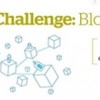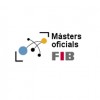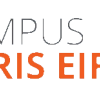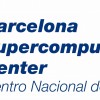-
Estudis
-
Màsters
- Vols estudiar un màster?
- Màster en Enginyeria Informàtica
- Màster en Enginyeria Informàtica - Modalitat Empresa
- Màster en Innovació i Recerca en Informàtica
- Màster en Intel·ligència Artificial
- Master en Ciberseguretat
- Màster en Formació del Professorat d'Educació Secundària
- Erasmus Mundus Master in Big Data Management and Analytics
- Màster en Ciència de Dades
- Màster en Mobilitat Urbana
- Altres Màsters
-
Màsters
-
Mobilitat
- Recerca
- Empresa
-
La FIB
- Estudis
- Graus
- Màsters
- Vols estudiar un màster?
- Màster en Enginyeria Informàtica
- Màster en Enginyeria Informàtica - Modalitat Empresa
- Màster en Innovació i Recerca en Informàtica
- Màster en Intel·ligència Artificial
- Master en Ciberseguretat
- Màster en Formació del Professorat d'Educació Secundària
- Erasmus Mundus Master in Big Data Management and Analytics
- Màster en Ciència de Dades
- Màster en Mobilitat Urbana
- Altres Màsters
- Secretaria
- Beques i Ajuts
- Mobilitat
- Recerca
- Empresa
- La FIB
Ricardo Baeza-Yates, a computer engineering and professor at Institute for Experimental AI of Northeasteren University, will give a talk about ‘Ethical Challenges in Artificial Intelligence’ on Friday, 25 March.
dimecres 23 març 2022
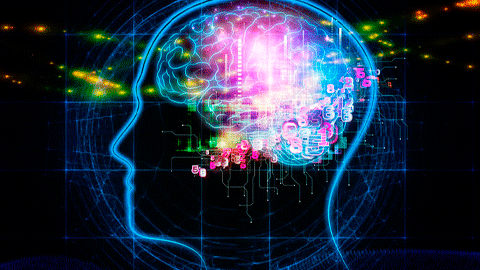
The talk by Ricardo Baeza-Yates will take place on Friday, 25 March from 11 am to 1 pm, face-to-face in Sala d’Actes at the Vèrtex building as well as online via Google Meet. English will be the language of the talk. To attend it is necessary to register.
During the first part of the talk, Ricardo Baeza-Yates will discuss five current specific challenges using examples such as discrimination (facial recognition, justice, sharing economies, and language models), phrenology as a biomedical-based preconditions, unfair digital commerce, stupid models and indiscriminate use of computing resources.
These examples do perform a personal bias but set the context in which he addresses four generic challenges such as too many principles (principles vs. techniques), cultural differences, regulation and our cognitive biases.
To conclude the talk, we will discuss what we can do to address these challenges in the near future.
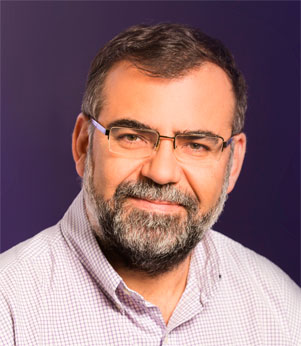
The Ethics Committee organizes this event. UPC has positioned itself among the leading universities in Europe when it comes to opening the debate on humanism and technology and is trying to bring forward the benefits of establishing sound ethical criteria and human values for technologies, along with involving administrations, other universities and companies.
-
05 març 26
-
04 març 26
-
04 març 26
-
04 març 26
-
24 febr. 26
-
28 nov. 16
-
30 nov. 16
-
12 des. 16
-
14 des. 16
-
15 des. 16
On som
C/Jordi Girona Salgado,1-3
08034 BARCELONA Espanya
Tel: (+34) 93 401 70 00
Contacta amb la FIB
© Facultat d'Informàtica de Barcelona - Universitat Politècnica de Catalunya - Avís legal sobre aquest web - Configuració de privadesa







